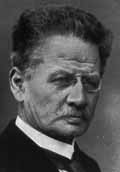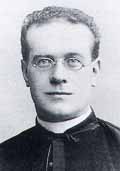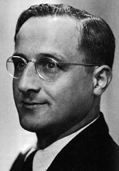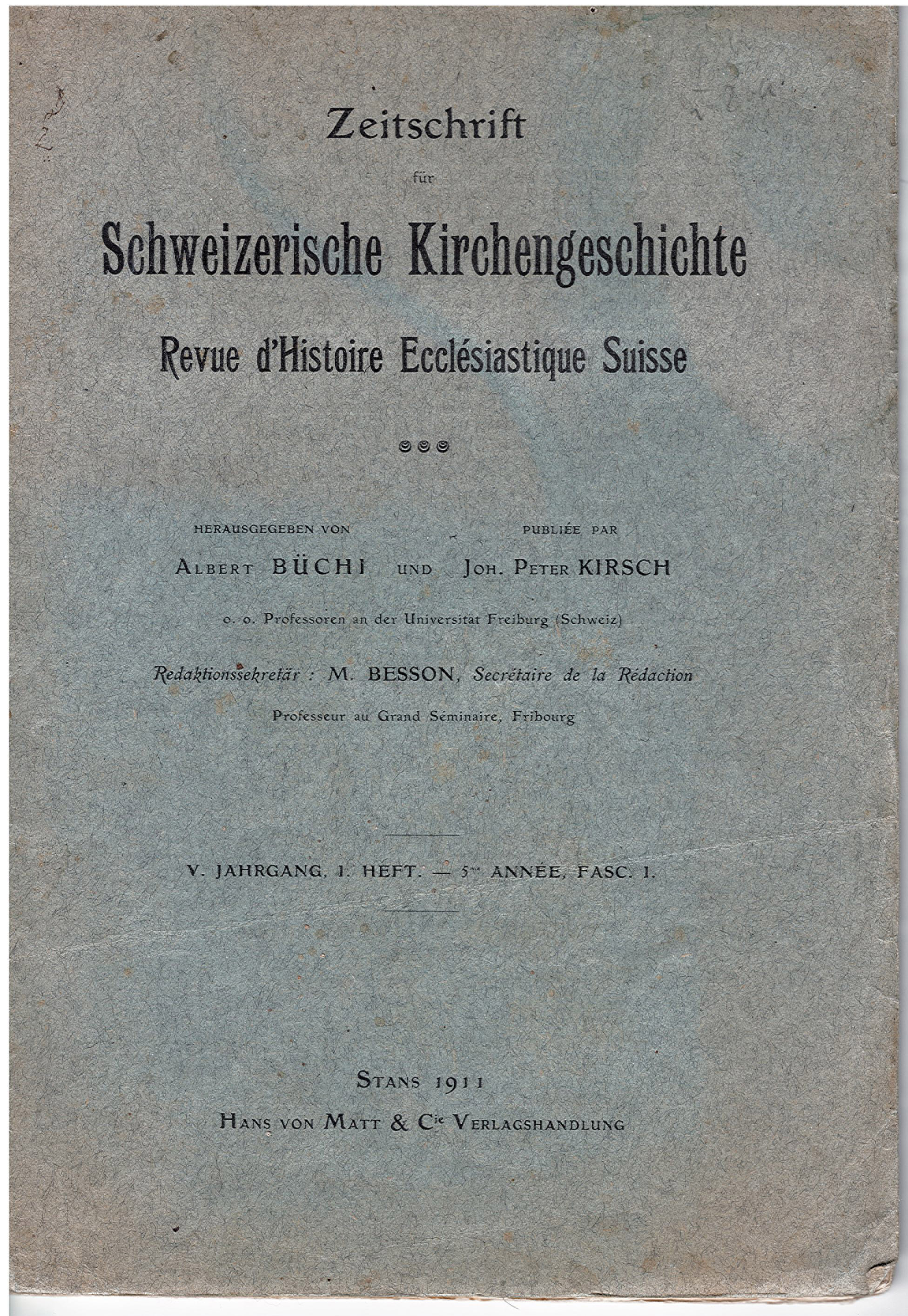History of the Journal
Following the intermittent publication of the Archives on the History of the Reformation in Switzerland, in six volumes between 1868 and 1904, together with the Swiss Catholic Folios for Science, Art and Life, published between 1885 and 1905, but which lacked a specific focus on historiography, the Review of Swiss Ecclesiastical History was founded in 1907 by the history section of the Catholic Popular Association, itself founded shortly beforehand in 1905. The creation of the RSEH brought into existence a national platform for ecclesiastical historiography and catholic historiography in general. After the turn of the century, professors from the University of Fribourg, including Albert Büchi, Heinrich Reinhardt and Karl Richard Holder, together with external ecclesiastical historians such as Eduard Wymann, had voiced their support for the institutionalisation of catholic historiography, both in parallel to the university and in collaboration with it. Swiss Catholic historiography developed concurrently with that of other countries, with the creation of publications such as the Historisches Jahrbuch by the Görres-Gesellschaft in 1880, the Review of Ecclesiastical History in Belgium (founded 1900), the Review of the History of the Church of France (founded 1910) and the Catholic Historical Review (founded 1915).
Since its creation, the review has been shaped by collaboration between the clerical and secular elites of Swiss Catholicism, together with various regional university and extra-university networks of Catholic knowledge production. While at first the editorial team mainly consisted of secular and ecclesiastical historians teaching at the University of Fribourg, it was headed by a secular historian from the 1940s on. In contrast, the presidency of the Association of Swiss Ecclesiastical History has always been held by an ecclesiastical historian. Until the 1970s, the majority of articles in French were written by clerics, while most of the German-language authors were laymen.
Until the 1960s, the historiography of the RSEH was characterized by an approach based on the history of the institutions and the people, with a particular emphasis on regional history. In the RSEH, and elsewhere, catholic historiography constructed and consolidated discourses of the memory of Swiss catholicism through a historiography oriented towards biographical aspects – focussing not only on saints but other catholic figures too, as well as monasteries and rituals. Over the course of several decades, a central theme in the RSEH, as in the Archives on the History of the Reformation in Switzerland, was the historiography of the Reformation and the historiography relating to the "confessional era". In the RSEH key themes were identified by a number of historians of the University of Fribourg, in particular Albert Büchi, Heinrich Reinhardt and later Oskar Vasella. Indeed, of the twenty-five supplements published between 1945 and 1975, twelve were dedicated to themes relating to the history of the Reformation.
With the emergence, in the 1970s, of international debate on the concept of ecclesiastical history and new methodological orientations in the historiographical domain pointing towards social history, the RSEH abandoned the earlier homogeneous Catholic perception of history and historiography. The perspective shifted from ecclesiastical history as a history of institutions towards a history of religions. Approaches originating from social history were adopted, and in the 1980s aspects relating to the history of opinions and daily life became significant for all periods. Since the end of the 1990s, with a change of perspective in cultural history, the focus has been on religion as a system of interpretation and the evolution of this system, while the history of phenomena has become a history of its interpretations.
Editorial team of the RSEH since 1907 (for more detailed information on the makeup of the editorial committee, see: Altermatt 2011, 482):
1907–1917: Albert Büchi (Prof. für Schweizer Geschichte, Universität Fribourg) und Johann Peter Kirsch (Prof. für Kirchengeschichte, Patrologie und christliche Archäologie)
1917–1921: Marius Besson (Prof. für mittelalterliche Geschichte, Universität Fribourg), Albert Büchi, Johann Peter Kirsch
1921–1926: Albert Büchi, Johann Peter Kirsch, François Ducrest (Direktor Kantonsbibliothek Fribourg)
1926–1931: Albert Büchi, Johann Peter Kirsch, Louis Waeber (Prof. für Kirchengeschichte, Priesterseminar Fribourg)
1931–1935: Johann Peter Kirsch und Louis Waeber
1935–1941: Johann Peter Kirsch, Louis Waeber, Oskar Vasella (Prof. für Schweizer Geschichte, Universität Fribourg)
1941–1956: Oskar Vasella, Louis Waeber, Othmar Perler (Prof. für Patristik und christliche Archäologie, Universität Fribourg)
1956–1966: Oskar Vasella
1966–1986: Pascal Ladner (Prof. für Historische Hilfswissenschaften, Universität Fribourg)
1986–2012: Urs Altermatt (Prof. für Allgemeine und Schweizerische Zeitgeschichte, Universität Fribourg)



Publications on the history of the journal
- Urs Altermatt, Die «Zeitschrift für Schweizerische Kirchengeschichte» als Forum der katholischen Geschichtsschreibung in der Schweiz, in: ders., Die Universität Freiburg auf der Suche nach Identität, Fribourg 2009, 355–376.
- Franziska Metzger, Religion, Geschichte, Nation. Katholische Geschichtsschreibung in der Schweiz im 19. und 20. Jahrhundert – kommunikationstheoretische Perspektiven, Stuttgart 2010.
- Jubiläumsband der Zeitschrift für Schweizerische Kirchengeschichte, 90 (1996).
- Francis Python, La «Revue d’histoire ecclésiastique suisse» 1907–2006: l’apport de la Suisse romande, in: Schweizerische Zeitschrift für Religions- und Kulturgeschichte, 100 (2006), 79–85.
- Mariano Delgado, Von der ZSKG zur SZRKG. Zur Namensänderung einer kirchenhistorischen Zeitschrift in der Schweiz, in: Freiburger Diözesan-Archiv, 135 (2015), 59-66.


